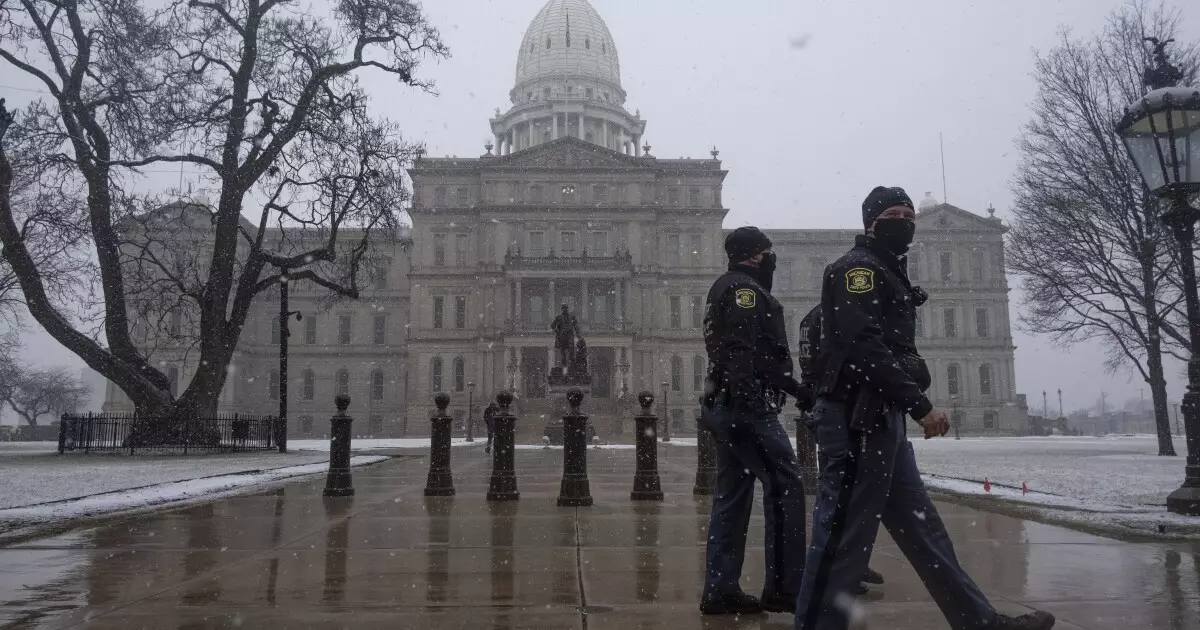Michigan’s $82.5 billion fiscal 2025 budget is set to be signed by Gov. Gretchen Whitmer and includes significant investments in roads and bridges. The funding for these infrastructure projects will come from the $700 million final tranche of Rebuilding Michigan Plan bonds, which will be issued later this year. This includes repairs to a key bridge in Erie Township, road repairs on I-94 near Detroit Metro Airport, and work on I-696 from Southfield to Warren. These investments are crucial for improving the state’s transportation network and ensuring the safety and efficiency of travel for residents and visitors alike.
Michigan’s financial stability is reflected in its credit ratings from various agencies such as Fitch Ratings, Moody’s Ratings, and S&P Global Ratings. Fitch assigns Michigan a long-term issuer default rating of AA-plus, Moody’s gives the state a rating of Aa1, and S&P assigns a long-term general obligation rating of AA. These ratings indicate the state’s strong financial management and ability to maintain structural balance. Michigan’s diverse tax revenues and low debt and retiree obligations contribute to its stable financial outlook, making it an attractive destination for investors and businesses.
The fiscal 2025 budget also includes funding for K-12 education, with the state’s teacher retirement unfunded liability projected to be paid off next year. This has allowed for additional resources to be allocated towards supporting education initiatives and programs. While the budget does not fund free universal preschool as initially proposed by Governor Whitmer, it does provide for free community college for all Michiganders and free preschool for families with incomes at or below 400% of the federal poverty level. These investments in education aim to improve learning outcomes and provide opportunities for students of all backgrounds to access quality education.
Despite the overall decrease in K-12 education funding from the current year budget, the state’s budget for fiscal 2025 aims to provide additional support to school districts. The reduction in school aid budget is offset by the payment of the teacher retirement unfunded liability, which frees up resources for districts to enhance their operating capabilities. This will result in an average increase of $400 per pupil over fiscal 2024, providing a much-needed boost in education spending. However, with federal COVID-19 relief funds running out, some districts may still face challenges in meeting their financial needs, especially those with high numbers of low-income students.
The budget also includes $1.8 billion for revenue sharing, reflecting the state’s commitment to supporting local communities. This investment will enable public safety enhancements, placemaking initiatives, and community engagement programs that contribute to the well-being and quality of life for residents. Dan Gilmartin of the Michigan Municipal League commended the final budget for prioritizing investments in revenue sharing, highlighting the importance of these resources in fostering vibrant and sustainable communities.
Michigan’s fiscal 2025 budget represents a strategic approach to financial management and investment in key areas such as infrastructure, education, and community development. The state’s strong credit ratings, stable financial outlook, and proactive budgetary adjustments position it well for future growth and success. By prioritizing funding for critical programs and initiatives, Michigan is laying the groundwork for a prosperous and resilient future for its residents and communities.

